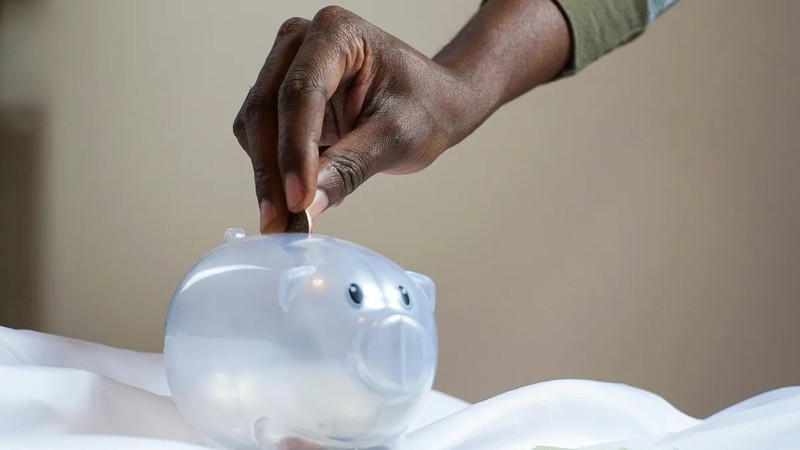As the cost of living in South Africa continues to rise, young South Africans are grappling with a financial reality that feels more constraining than ever before.
With youth unemployment soaring to an alarming 62.4% among those aged 18 to 24, the struggle to save is no longer just an inconvenience—it’s a pervasive issue.
The recent Standard Bank Youth Barometer reveals that many young earners are perpetually on the edge of financial instability, with salaries barely making ends meet for essential living costs.
Instead of focusing on building savings or investing for their futures, these young adults find themselves prioritising immediate survival.
The emotional weight of this situation is further compounded by feelings of shame and uncertainty surrounding their finances.
Victor Bucarizza, Executive Partner at GIB Private Clients, highlights a significant barrier in the journey toward financial health: “There’s a deep sense of money shame that stops young people from taking even small financial steps. They feel as though they are behind before they’ve begun, so they avoid the topic altogether. The irony is that the only way it becomes easier later is if they start figuring it out now.”
Shifting perspectives on money
Bucarizza advocates for a fundamental shift in how young South Africans perceive money.
He stresses the importance of recognising income not just as a means of survival, but as an opportunity to contribute to the community and create a sense of personal purpose. He emphasises the necessity of investing in assets—resources that can generate income independently of one’s labour.
“Maximising earning potential and establishing automated contributions to investments from the very beginning can significantly secure one’s financial future,” he explains.
Yet, with restricted incomes and escalating living expenses, many young people find it challenging to take even that first step toward financial security. Bucarizza suggests small, achievable goals to avoid overwhelming young savers. “Even the smallest wins build confidence,” he says.
“There’s no need to overhaul your finances overnight; start by automating something manageable.”
Social pressures and spending
Amidst the financial turmoil, social influences exacerbate the pressure to spend. Bucarizza refers to this phenomenon as “peer-moulding,” where young individuals emulate the spending habits of their social circles.
In an era where showcasing financial success often equates to ostentatious consumption, the message can be counterproductive.
“Unfortunately, we don’t show off our investment portfolios—we show off through consumption,” he adds.
However, Bucarizza believes that the same societal forces fostering a culture of overspending could also be harnessed for saving and investing.
“Imagine if financial conversations were normalised within friend groups, families, or schools; if we made saving socially visible and aspirational,” he suggests.
Financial stress is a reality for many, with a staggering 70% of South Africans reportedly worrying about money daily.
This has led to a cycle of working merely to survive and frequently resorting to short-term financial fixes, such as credit or buy-now-pay-later schemes, which may deepen existing debt burdens.
Creating a pathway to financial stability
To break this cycle, Bucarizza recommends two fundamental steps: building a simple budget to track necessary expenses and identifying areas for financial flexibility.
Prioritising essential spending aligned with personal values is crucial in this process.
He notes that the common advice to “save 20% of your income” often seems unrealistic when basic needs remain unmet, hence encourages young earners to begin saving a small percentage, no matter how minimal.
“Saving a portion of whatever earnings you do have from any income, and budgeting to understand how you spend your money are practical first steps,” he suggests.
A savings account can serve as an accessible entry point, with many South African banks offering products that require low minimum deposits and fair interest rates.
For those aspiring for greater financial growth, options like RSA Retail Bonds provide government-backed medium-term savings. Additionally, community models such as stokvels present a robust avenue for financial stability, especially for individuals with irregular income streams.
Bucarizza emphasises the need for financial literacy to be cultivated from a young age, calling for practical teachings in schools and reinforcement at home.
As World Savings Day approaches, the mantra should not be to save perfectly but rather to save persistently. “Even small, consistent habits matter,” he concludes.
“Start with what you have, automate it, and let time do the work.”
BUSINESS REPORT
